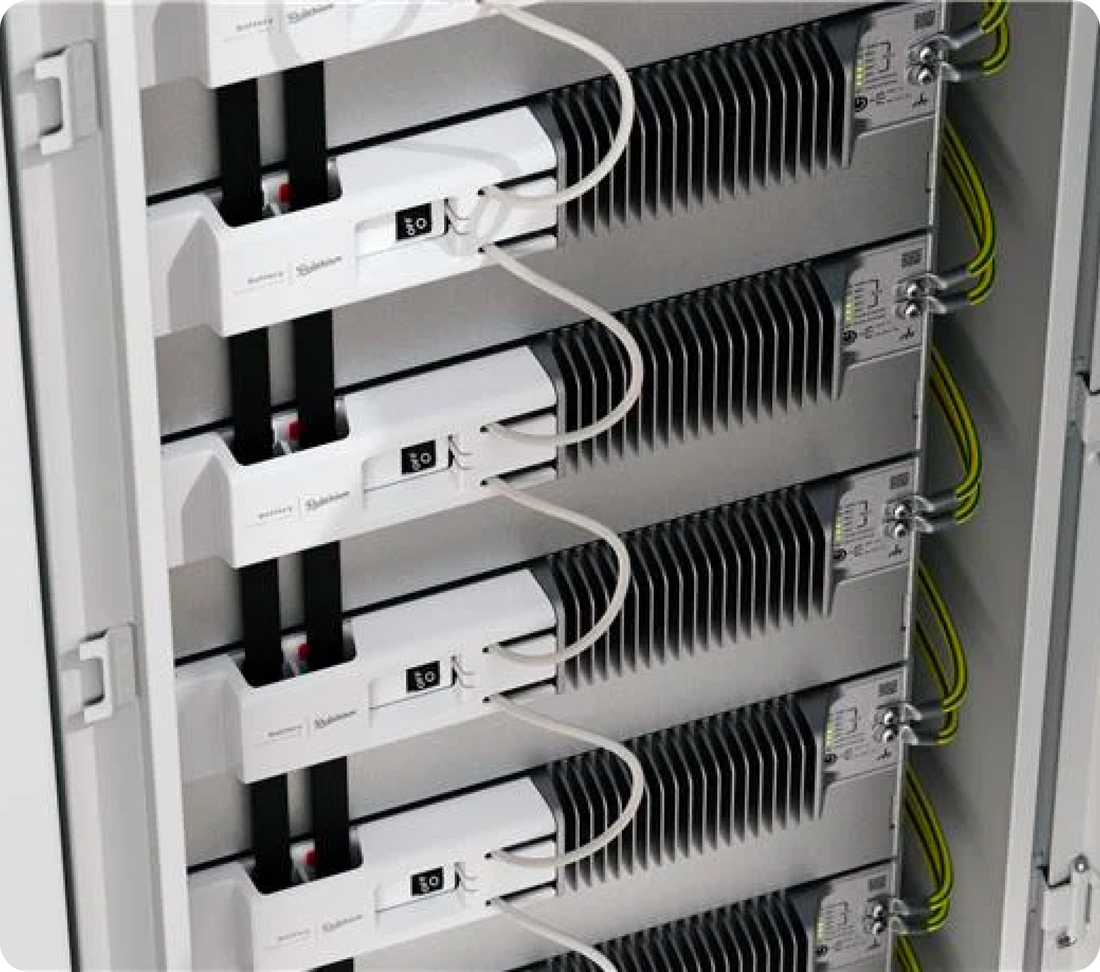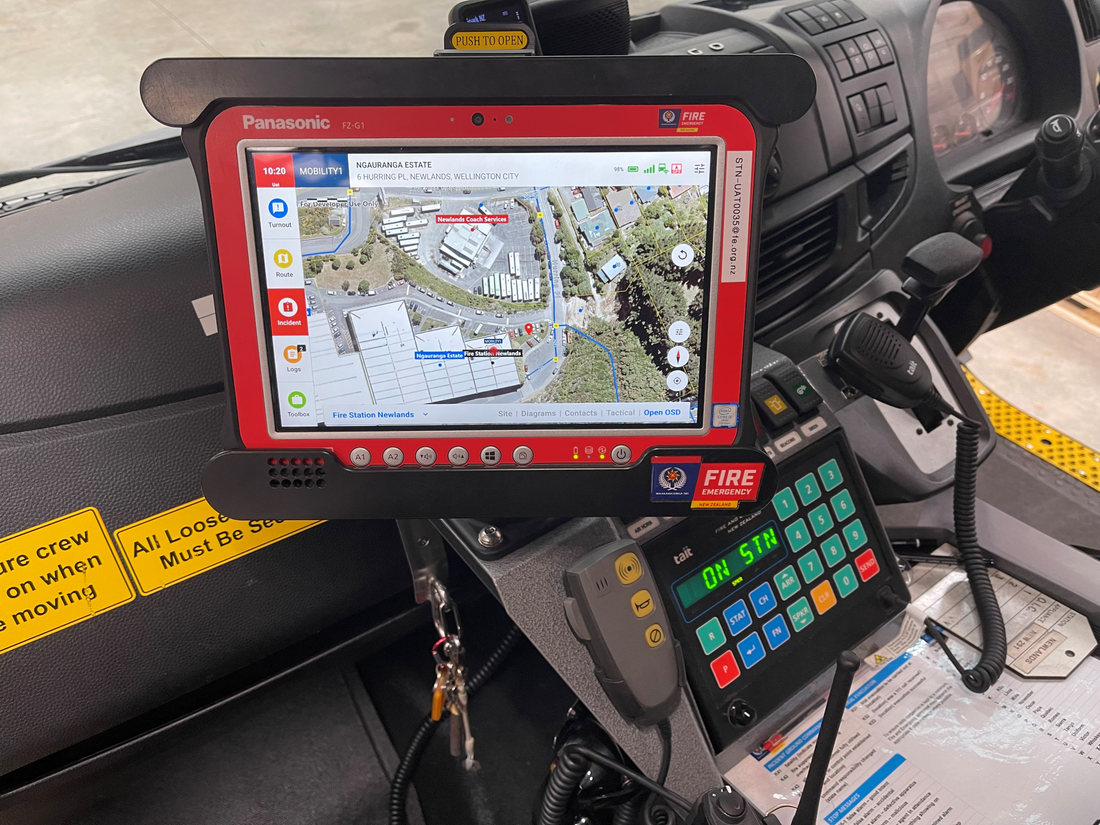The Challenge
Powering a PC on Any Forklift
A customer was developing a computer system that featured PCs mounted on forklifts. A notable issue arose: the PC batteries had a significantly shorter lifespan than the forklift's batteries. This discrepancy reduced the operational time of the forklift whenever the PCs were in use, which posed a major hindrance to the marketability of the computer system. The customer experimented with various standard converters to power the PCs directly from the forklift batteries, but these trials were largely unsuccessful. They faced several difficulties:
Forklift batteries operate on a wide range of nominal voltages, from 12V to 110V. This fluctuation translates into an input voltage window of 9V to 150V, considering the minimum voltage during discharge and maximum voltage during charging, resulting in an excessive number of product variants that complicated logistics.
The forklifts' electrical environment proved to be exceptionally challenging, characterised by substantial electrical noise from the drive system and swift voltage changes triggered by load adjustments.
Additionally, the physical environment was just as demanding, with extreme temperature variations, high dust levels, constant vibrations, and severe mechanical shocks, particularly when traversing rails or uneven surfaces.
The Solution
In response to these challenges, PRBX engineered a robust potted DC/DC converter that was tailored to meet these stringent electrical and environmental demands. Collaborating closely with the customer, they streamlined the product line to include just three input voltage versions, achieving an optimal balance between product features and logistical efficiency.
Added Value
By enabling the PCs to draw power directly from the forklift batteries, this solution effectively eliminated the issue of decreased forklift runtime, enhancing overall efficiency. The decision to limit the number of variants to three simplified the logistics significantly. Moreover, the converter's rugged design exceeded expectations, maintaining a record of zero field defects, thereby reducing the need for service interventions, and increasing reliability.
For more information on this innovative solution, visit Powerbox.




















